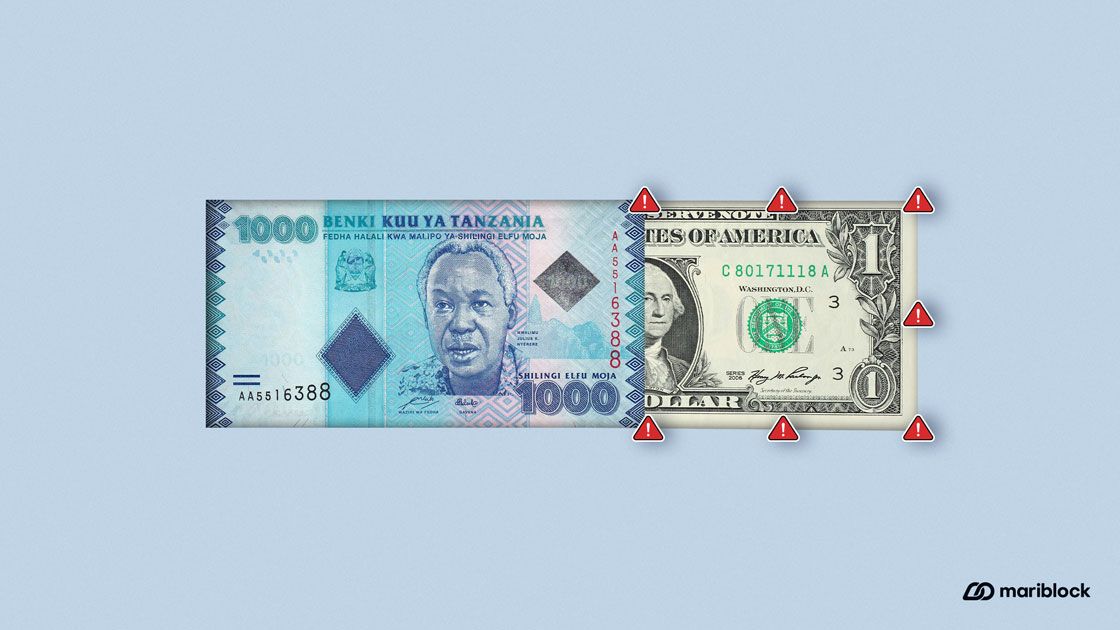Tanzanian central bank calls for the de-dollarization of local market
The government banned the use of USD in August 2007 and again in December 2017.

ℹ️
Editor’s note: This story is part of Mariblock’s “State of Fiat” coverage. Digital assets such as bitcoin are seen as competitors to central bank money. Therefore, we consider informing our audience of the state of their local currencies worthwhile.
The Bank of Tanzania has ordered businesses to stop pricing goods and services using the United States dollar, noting that they are violating regulatory directives.
Key facts
- Per the East African report, the apex bank is doing this to ease pressure on the local currency.
- According to the central bank Governor, Emmanuel Tutuba, the Tanzanian shilling is the only legal tender in the country, as the government banned the use of USD in August 2007 and again in December 2017.
- The demand for forex continues to increase, especially in real estate, health, transport and education sectors, as businesses move to protect themselves against a declining currency, the report read.
- Tutuba also warned against parallel forex markets, stating that only commercial banks and bureau de change are authorized to determine rates.
What was said
Tutuba said:
“It should be noted that institutions registered to determine exchange rates are commercial banks and bureau de change only.”
Why it matters
- Several African countries and trade bodies are advocating for the de-dollarization of their respective local markets as a strategy to address the challenges of increasing inflation and declining currency value.
- The Confederation of Zimbabwe Industries (CZI) cautioned the Zimbabwean government against full dollarization of the economy, per a Mariblock report.
- The trade body stated that while full adoption of the USD as legal tender will provide some benefits, the Zimbabwean economy may shrink, decreasing production and competition in the international market.
- Other global markets have also called for the de-dollarization of trade — which means trade to be carried out between two countries in currencies other than the USD.



